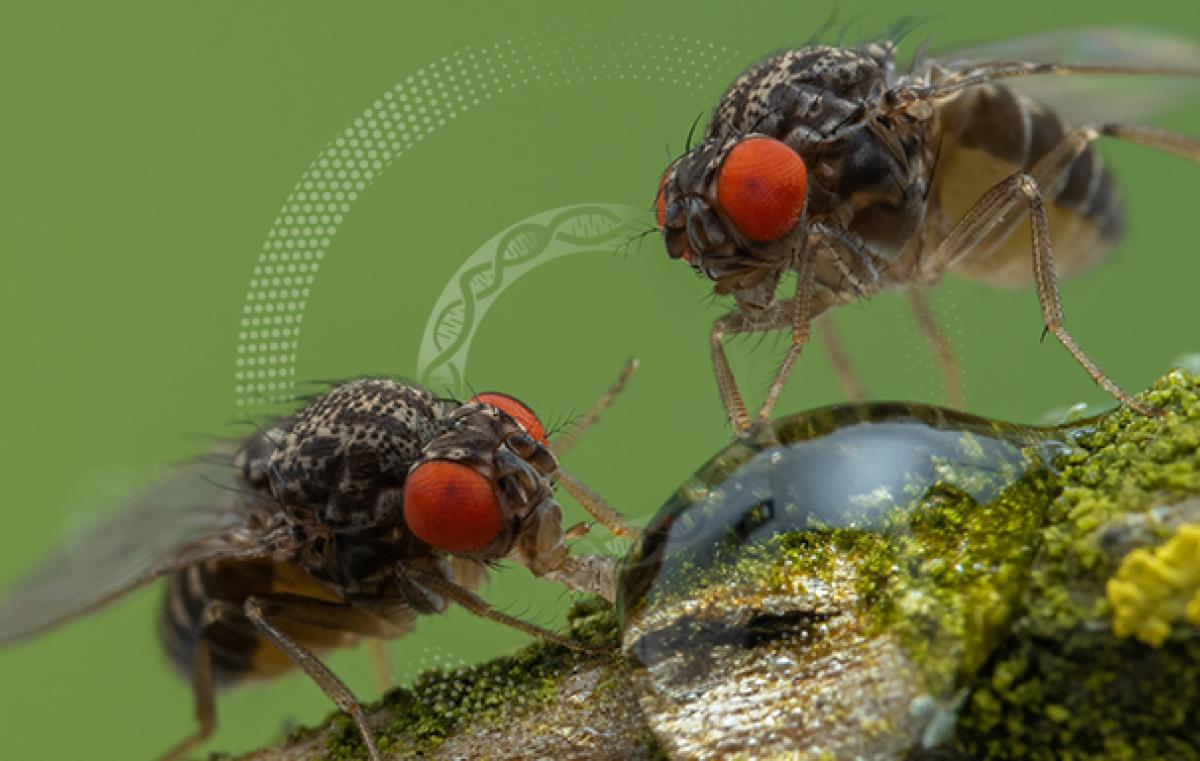Reproductive Failure Impacts Stress in Flies
Research led by Dr. Julia Ryvkin of the BIU Goodman Faculty of Life Sciences found that sexual frustration in fruit flies impacts stress and resilience, expanding the potential for uncovering insights in a simple nervous system

Repeated failures to reproduce generates stress and frustration in fruit flies, which, in turn, negatively impacts their resilience to other types of stress. This was one of the insights found in a study led by Dr. Julia Ryvkin of the Bar-Ilan University Goodman Faculty of Life Sciences, which was published in the PLOS Genetics journal.
“These results show for the first time that fruit flies experience social stress when their attempts to mate repeatedly fail,” says Prof. Galit Shohat-Ophir, Vice Dean of the Bar-Ilan University Goodman Faculty of Life Sciences, Head of the Study Group and co-author of the article. “The response is mediated by a brain signaling system involving neuropeptide F, which also plays a role in reward-and-stress-responses in other organisms.”
Shohat-Ophir says this offers an opportunity to further investigate social stress in a model organism with a simple nervous system, such as discovering the neuronal circuits that sense failure to mate, the molecular mechanisms that encode failures within NPF neurons and the downstream circuits.
Animals are motivated to take actions that improve their survival and reproduction through reward systems in the brain, but failure causes stress. The reward systems have been extensively studied, but less attention has been paid to how animals respond to failure. To investigate, researchers compared the behavior of male fruit flies (Drosophila melanogaster) which had experienced repeated sexual rejection, with males that had recently mated and males that had been kept in isolation. The research found that rejected males were more active, more aggressive, and less social towards other males - indicating a state of stress. Rejected males were also less resilient to two other types of stress, such as starvation and exposure to a toxic herbicide that causes oxidative damage.